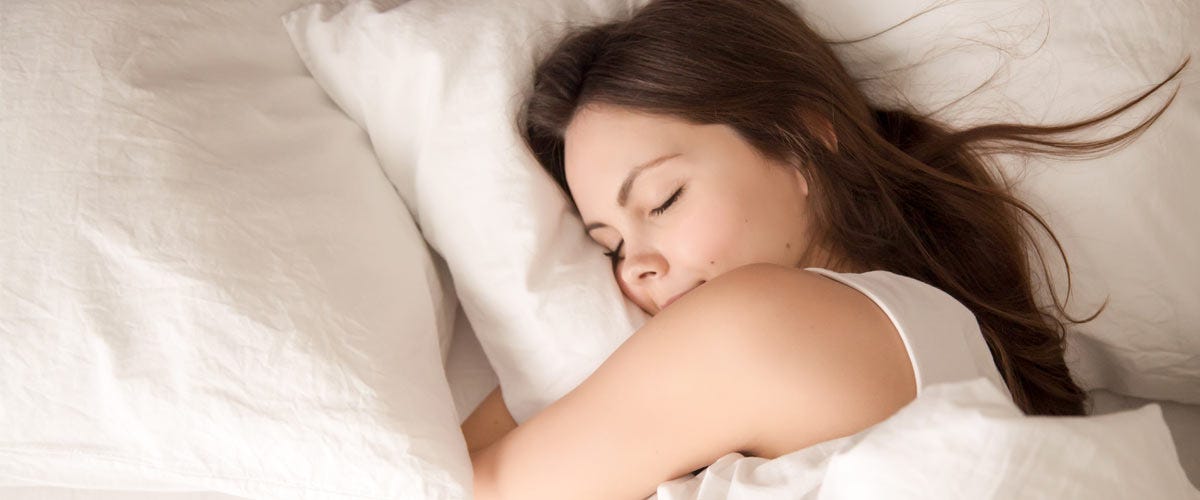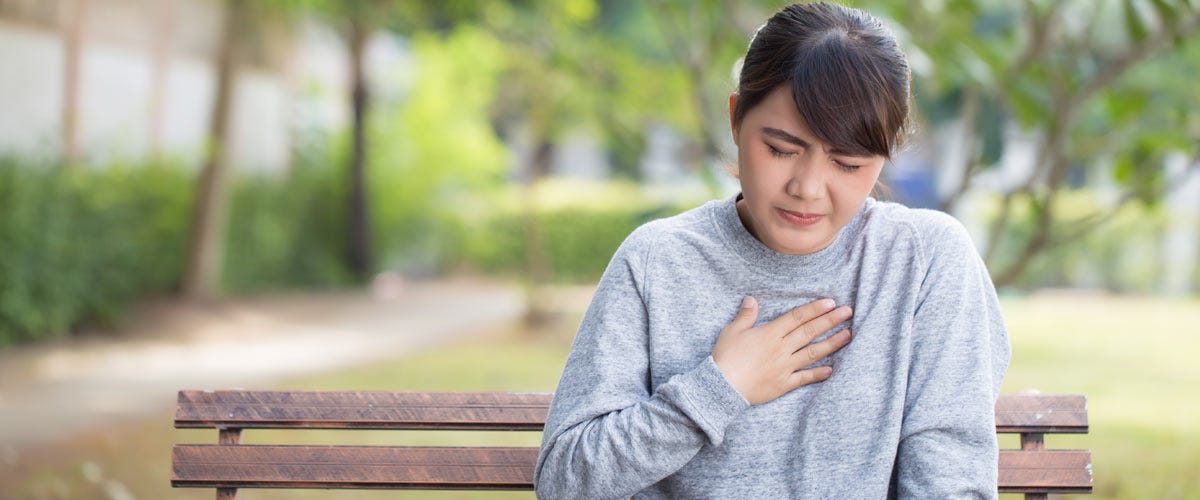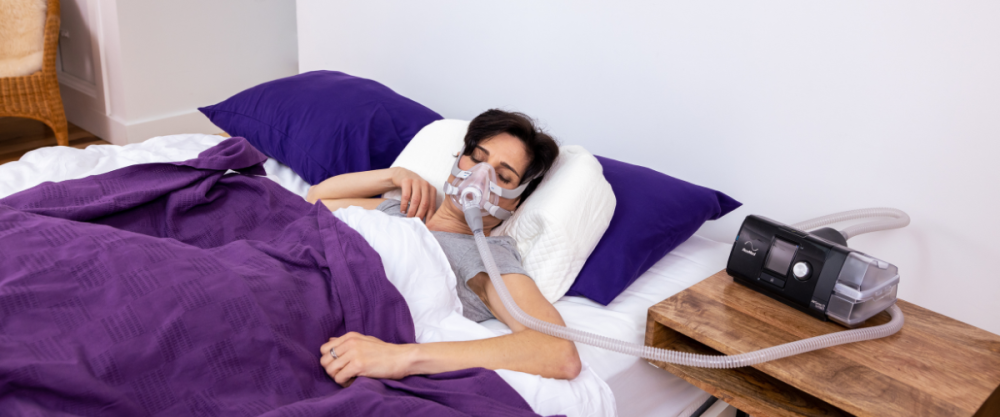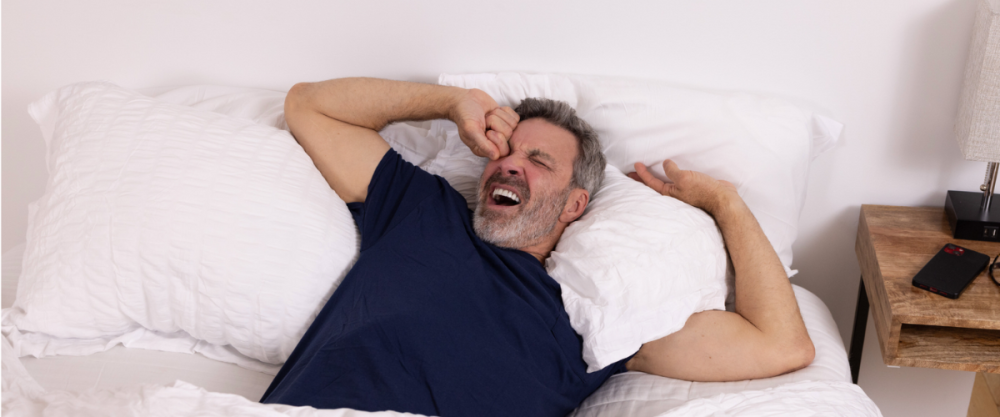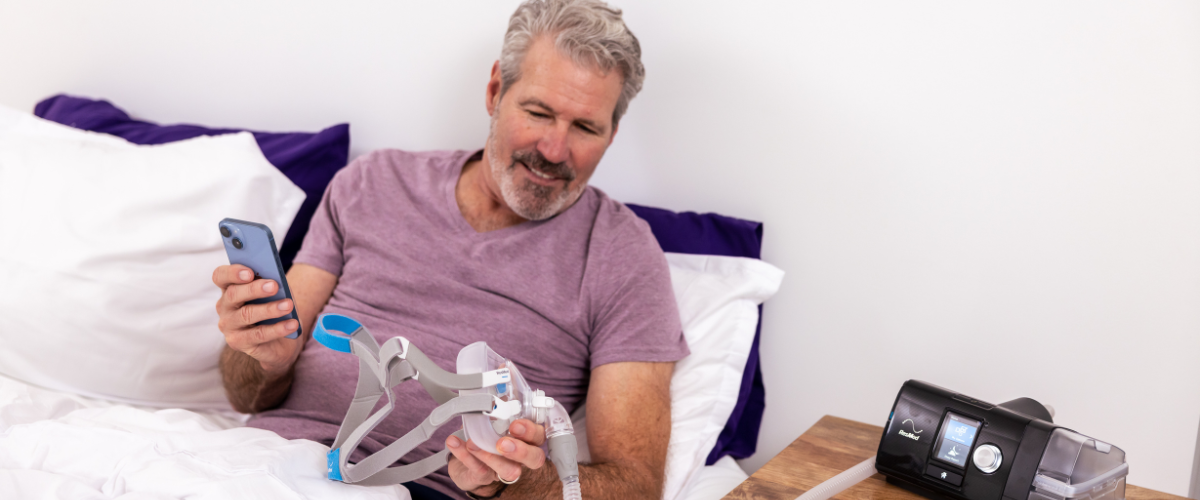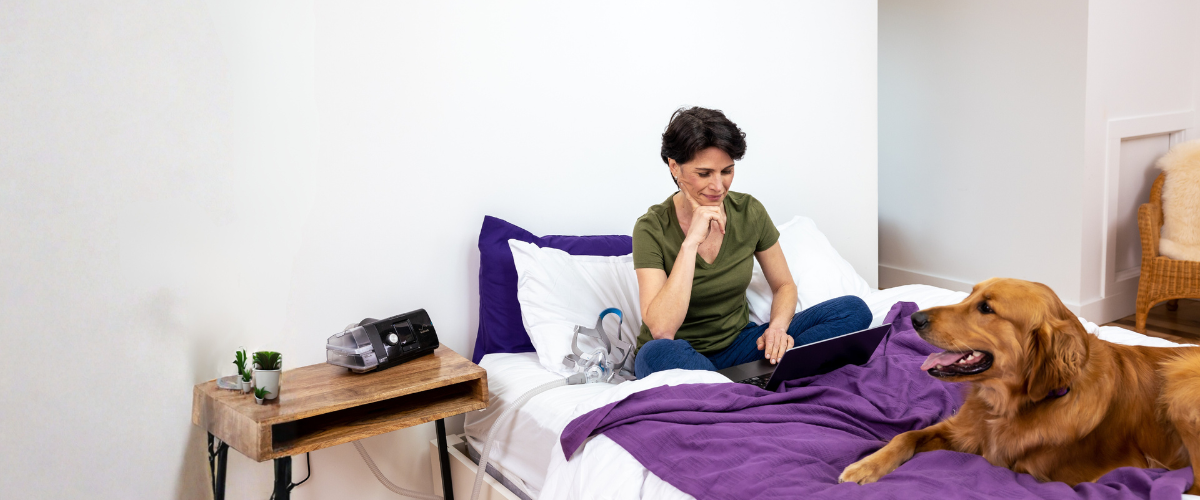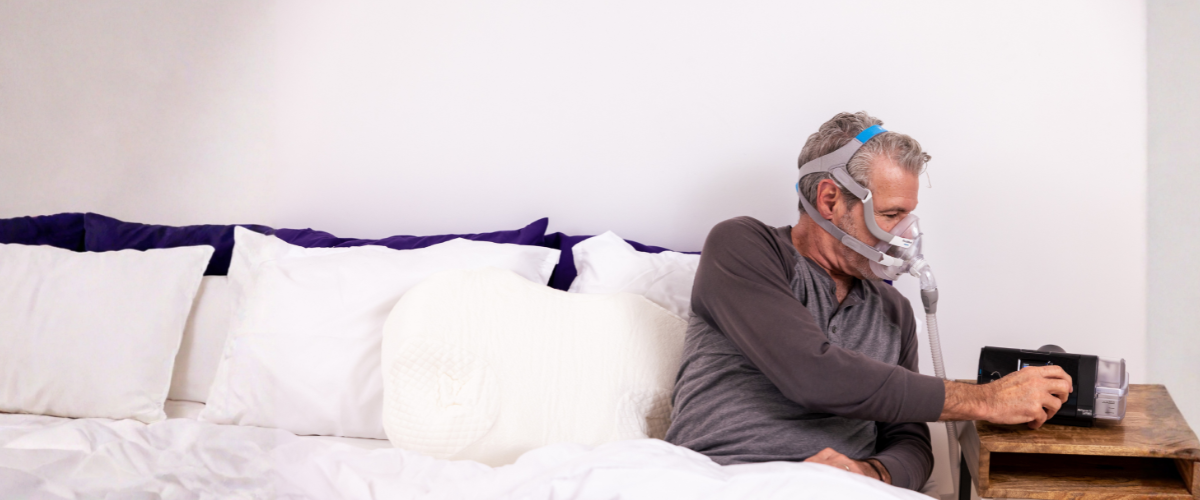We all love sleep, right? Who doesn’t wake up after about 8 hours of great rest feeling like a million bucks? What doesn’t get excited about a Sunday afternoon nap? Well aside from toddlers… Anyways there’s really nothing like drifting off to dreamland which is why we put together a list of 15 surprising facts about sleep!
15 Surprising Facts About Sleep
1. Parents of infants miss out on 6 months worth of sleep during the first 2 years of their child’s life.
Parents are sleep deprived! One study found that new parents average 4 hours and 44 minutes of sleep per night during the first year of their baby’s life, that’s the equivalent of losing 50 nights of sleep during the year. A typical newborn also wakes about 3 times per night. This can certainly throw off your sleep cycle. Adults should get about 3,650 hours of sleep over a two year period, but those with restless infants receive about only 2,739 hours of sleep, creating a sleep deficit of 912 hours. That comes to about six months of only getting 5 hours of sleep!
2. About 22 million Americans have sleep apnea but 80% of cases go undiagnosed!
How do that many sleep apnea cases go undiagnosed? Well aside from sleep apnea symptoms like chronic fatigue, or waking with a headache, a majority of signs occur during sleep and can be easy to miss. For example, people may not realize that they snore loudly, wake up for a second or two gasping for air, or choke during their sleep unless their partner tells them or they film themselves sleeping! That’s why sleep apnea is often referred to as the silent killer.
3. The longest period gone without sleep is a record of 11 days.
Can you imagine? 11 days without sleep?! Forget the struggle of lasting through the 8-hour workday! Randy Gardner was a highschool student when he set this record in 1964. He experienced extreme sleep deprivation with mood swings, trouble concentrating, impaired short term memory, slurred speech, and paranoia. He then slept for 14 hours and 40 minutes straight and 10 ½ hours the following day.
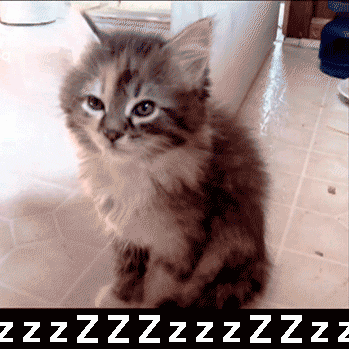
4. Sleep deprivation creates a sleep debt that you can make up.
If you miss out on catching some quality Zzzs, you need to make them up by getting proper rest during the next couple of nights. Sleep is a restorative activity that allows the brain to catalog information and heal the body. It also allows the blood vessels and heart to heal and repair. By consistently missing sleep you create a sleep deficit that can be dangerous for your health because it can contribute to heart disease, diabetes, weight gain, and more.
5. Sleeping directly after learning something will improve your ability to remember and understand that concept.
Being in a restful state helps boost your memory. REM (Rapid Eye Movement) is one of the most crucial stages of sleep for memorization. It’s also the dreamless state. During REM sleep, memories are consolidated. They can also be reactivated and strengthened, meaning people can actually learn during their sleep with targeted audio cues!
6. Whales and dolphins sleep and are awake at the same time.
Wait, how is that flippin’ possible? Well, they need to be conscious in order to breathe, but sleep underwater, meaning they have to float up for air with trips to the surface during nap time. But if you sleep your brain is unconscious, so how do they consciously breathe?! Only half of their brain shuts down! One hemisphere is awake while the other is shut down, and the sides switch during an 8 hour period. They are probably semi-conscious during this date. Also, they sleep vertically!
7. Humans are the only mammals that willingly delay sleep.
What the heck, people?! For the smartest species, we are the only ones who ignore the necessity of sleep sometimes. All of the other mammals realize how important sleep is for good health, so they don’t let it get compromised. Even though sleep patterns vary among species, getting some good shut-eye is a requirement for ALL mammals and most other animals.
8. Sleep is just as important as diet and exercise.
Sleep has a crucial role in keeping you healthy. It’s right up there with diet and exercise. Sleep deprivation can destroy your health. You need sleep to repair your skin (yes, beauty sleep is necessary), fight off infections, support your metabolism to prevent diabetes, boost concentrations, work safely. The lack of sleep actually contributes to increased wrecks of traffic accidents! Get enough rest to be smart, healthy, and alert!
9. A snail can sleep for 3 years.
3 years? Goodness, isn’t that technically a coma? Sorta. Snails actually hibernate, meaning they sleep when it becomes excessively cold, as necessary for their survival. Snails bury themselves underground and then close off the opening with slime. This way they won’t dry out during hibernation, even in the desert. If you see a snail slimming by, remember to compliment its shell that functions as it’s personal, cozy nap pod.
10. Most people can survive for two months without eating, but can only live up to 11 days without sleeping.
It’s time to love sleep more than food in order to survive. Although you can feel the effects of sleep deprivation such as irritability, impaired judgment, and decreased motor function with just 24 hours of sleep deprivation. After 72 hours you get illusions, anxiety, and depression. Also, eating well and staying hydrated can help offset the side effects of sleep deprivation, so drink your water, go for lean meats, and enjoy veggies if you don’t sleep well.
11. CPAP machines are the most effective method for treating sleep apnea.
While other sleep apnea treatment options such as weight loss or surgery are effective, you still need to use your CPAP until your doctor clears you. CPAPs or continuous positive airway devices send a positive stream of air into your nose and throat to keep your airways free from obstructions as you sleep.
12. Some studies suggest women need up to an hour of extra sleep a night compared to men.
That’s right, ladies need their rest. Men go to Jupiter to get stupider, but girls go to college to get more knowledge, so their brains need more time to recharge. Women multitask more than men, meaning they use more of their brain during the day than men.
13. Stress increases your risk of experiencing sleep paralysis.
Even though sleep paralysis can be scary, it’s perfectly safe and natural. It occurs as your body is falling asleep or waking up because your body becomes paralyzed during the REM stage of sleep. This may help prevent us from harming ourselves during dreams. Stress may increase your body’s demand for rest and healing, so sleep paralysis is a natural response to ensure proper rest.
14. In Japan, it is acceptable to sleep on the job.
Imagine being able to nap on the job! Would it make you more productive? Japan thinks so. Japanese workers are seen as diligent employees for napping on the job under the belief that they have worked themselves to exhaustion. Which might actually be true. Japan is one of the most sleep-deprived countries in the world. People don’t have time for sleep and often pass out during commutes, classes, meetings, and more, but it’s fine!
15. Sea otters hold hands while they sleep so they don’t drift away from each other.
Go ahead, bask in the adorableness that otters provide. Mama otters love their babies so much that they hold hands while they sleep to protect them. You can’t lose your little baby otter or pup during nap time! When babies are too small to hold hands their mothers will carry them around. Their moms will also wrap them in seaweed so they don’t drift away when she needs to go hunting. You otter believe that warms our hearts!






